Prime Minister Narendra Modi in his speech to the 75th UNGA session mentioned that the form and structure of the UN reflect the world of 1945. These are inadequate to face the challenges of the 21st century. He also highlighted India’s contribution to the world body, including UN peacekeeping. He stressed that India with 18 % of the world population must be included in the decision-making structures of the UN. This was a reference to the need to expand the permanent members’ category of the UN Security Council and accommodate the world’s largest democracy. The issue of the reform of the UN Security Council has been under discussion for almost three decades without making any tangible progress. The absence of reform has affected the representative character as well as the effectiveness of the Council.
The United Nations is celebrating its 75th anniversary this year. It has proved more durable than its predecessor, which hardly lasted two decades. The UN represents a great advance over the League. The League of Nations included colonies. The UN is founded on the principle of sovereign equality of Member States. It also has unique legitimacy, which places it apart from other multilateral organizations. It is the only body with universal membership. The anniversary, however, underlines the challenges also. It comes at a time when the world is witnessing a retreat from multilateralism. The pandemic has made the international climate harsher. The focus of most of the governments facing health emergencies and the collapse of revenues has turned inwards. The immediate priority is to conserve national resources to meet the demands of their people.
The trend towards withdrawal from multilateralism had indeed begun much before the pandemic. It is also not limited to the United States. Brexit represented a challenge to the idea of a united Europe. China has stepped into the void. Today China heads four out of fifteen UN specialized agencies – FAO (Agriculture), UNIDO (Industry), ITU (Telecom), and ICAO (Civil Aviation). It narrowly missed winning the Presidency of the fifth – World Intellectual Property Organization (WIPO).1 This is without counting agencies like WHO, whose Director displayed his pro-China bias by first playing down the pandemic and then denying China’s role in it. President Xi Jinping in his address to the 75th UNGA mentioned that ‘we are living in an interconnected global village with a common stake.’2 He added that ‘COVID-19 reminds us that economic globalization is an indisputable reality and a historical trend.’3 However, China’s vision of a global village is one which it rules. This is not an acceptance of a rule-based global order.
President Xi Jinping in his speech made extensive references to COVID-19 without mentioning its origin, and China’s culpability in its spread. As President Trump stated in his address to the UNGA session, China banned internal movement but allowed international flights to operate.4 This resulted in the spread of the virus to other countries. In concrete terms, President Xi promised US$ 50 million assistance to the UN COVID -19 Global Humanitarian Response Plan in addition to an equal amount announced earlier.5 Considering China’s deep pockets, and the scale of the problem it has created, this is a trifling amount. His speech mentioned that China will ‘honor’ its commitment to provide the US $ 2 billion of assistance to developing countries over two years. But this refers to previous commitments. Surprisingly, the speech omitted reference to China’s Belt and Road Initiative (BRI). BRI was never a multilateral framework of collaboration. It consisted of a series of bilateral credit agreements. The Chinese enthusiasm seems to be waning even for this. With the global slow-down, few countries can accept the onerous credit terms or generate returns on investment that Chinese companies want. China is careful with its money.
The Heads of Governments and the States adopted a Declaration commemorating the 75th anniversary.6 The Declaration acknowledged that ‘our world is not yet the world our founders envisaged 75 years ago. It is plagued by growing inequality, poverty, hunger, armed conflicts, terrorism, insecurity, climate change, and pandemic.’ The Declaration includes commitment ‘to leave no one behind’, ‘protect our planet’, ‘promote peace and prevent conflicts’, ‘gender balance’, ‘digital cooperation’ and ‘upgrading the United Nations’. This is a massive task.
The UN Secretary-General in his address highlighted the challenges facing the world body. There is a rise in poverty and a decline in human development indicators. He mentioned that the member states were falling short ofachieving sustainable development goals. He also stressed the need to address the problems of climate change and the emerging dangers in cyber-space. The UNGA Declaration, as well as the UN Secretary General, stressed the need to put UN’s finances on a sustainable basis. The UN’s budget depends upon two kinds of financing – assessed and voluntary contributions by the Member States. The former is a more predictable source of funding. However, the latter stream – voluntary funding makes up most of the budget of the UN specialized agency, humanitarian and developmental activities of the UN. By its very nature, it is an uncertain basis. Contributions by corporations will accentuate the bias towards donor-driven programs. Payment of assessed contributions ‘in full and on time’ is the best option. This also needs revisiting the scale to augment resources for the UN. India should be willing to shoulder more responsibility given its role and aspirations in the world body.
Turkish President Erdogan spoke on the first day of the UN General Assembly session.7 He mentioned his government’s achievements at home and in the neighborhood. This included Syria, the Kurd issue, Libya, Yemen, Palestine, and Turkey’s dispute in the Eastern Mediterranean. Turkish intervention in Syria has pitted his country in a stand-off with Russia. In Libya and the Eastern Mediterranean, Turkey has invited confrontation with Greece and Cyprus backed by the EU. The reference to Yemen and Palestine was to embarrass Saudi Arabia and the Gulf countries. President Macron in his UNGA speech sharply criticized Turkey’s action in sending a drilling ship to the Greek and Cypriot Exclusive Economic Zonesin the eastern Mediterranean.8
Similarly, the UAE Foreign Minister Sheikh Abdullah bin Zayed Al Nahyan criticized Turkey. The UAE Foreign Minister mentioned ‘blatant interference in Arab affairs made by states that incite strife and discord, or that have historical delusions of restoring their domination and colonial rule over the Arab region and the Horn of Africa.’9 This was aveiled reference to Erdogan’s ambition of reviving the glories of the Ottoman Empire. In a direct comment on Turkey, he expressed his country’s ‘deep concern regarding Turkey’s military interference in Libya. ’10
Erdogan referred to the ‘Kashmir conflict’ which he described as ‘key to the stability and peace of South Asia’. He mentioned the ‘abolition’ of the ‘special status’ of Jammu and Kashmir having ‘further complicated the problem’.11 He also referred to the ‘UN resolutions’ as well as ‘the expectations of the people of Kashmir’.12 The speech nearly covered all the points of the traditional Pakistani position. While the Turkish President’s statement does not matter otherwise, Turkey has assumed the Presidency of this session of the UN General Assembly.
Prime Minister Imran Khan described Kashmir as a nuclear flash-point in his UNGA speech. This has been part of Pakistan’s tactic to invite attention to the J&K issue for more than two decades. The ‘Kashmir cause’ comes handy to Pakistani leaders facing growing trouble at home. An All Parties Conference in Pakistan has decided to launch the movement to remove Imran Khan. What is more worrisome to the beleaguered Prime Minister is a dinner hosted by the Army Chief General Bajwa for the opposition leaders. Though the Foreign Minister Qureshi was also present, and the ostensible purpose was to forge a national consensus on making Gilgit-Baltistan Pakistan’s fifth province in violation of its official position on the J&K issue, this was an extraordinary gesture. General Bajwa denied any intention on the part of the Army to interfere in politics, but the event only reinforced the impression. Any indication of the Army moving to an equidistant position between the government and the opposition is alarming to the regime which rests on the Army’s support.
The 75th UNGA session is likely to be eventful. This cannot be otherwise at a time of unprecedented recession brought on by the pandemic, increasing polarization and simmering conflicts in different parts of the world. India will take its seat as non-permanent member of the UN Security Council for two years term next January. This will give it a chance to shape the events.
Endnotes
- Youtube, Arte TV, La Dessous Des Carte, OCS
- UNGA Debates 2020, https://gadebate.un.org/generaldebate75/en/
- Ibid
- Ibid
- Ibid
- Ibid
- Ibid
- Ibid
- Ibid
- Ibid
- Ibid
- Ibid
(The paper is the author’s individual scholastic articulation. The author certifies that the article/paper is original in content, unpublished and it has not been submitted for publication/web upload elsewhere, and that the facts and figures quoted are duly referenced, as needed, and are believed to be correct). (The paper does not necessarily represent the organisational stance... More >>
Image Source: https://www.un.org/sites/un2.un.org/files/brandingpackage.jpg

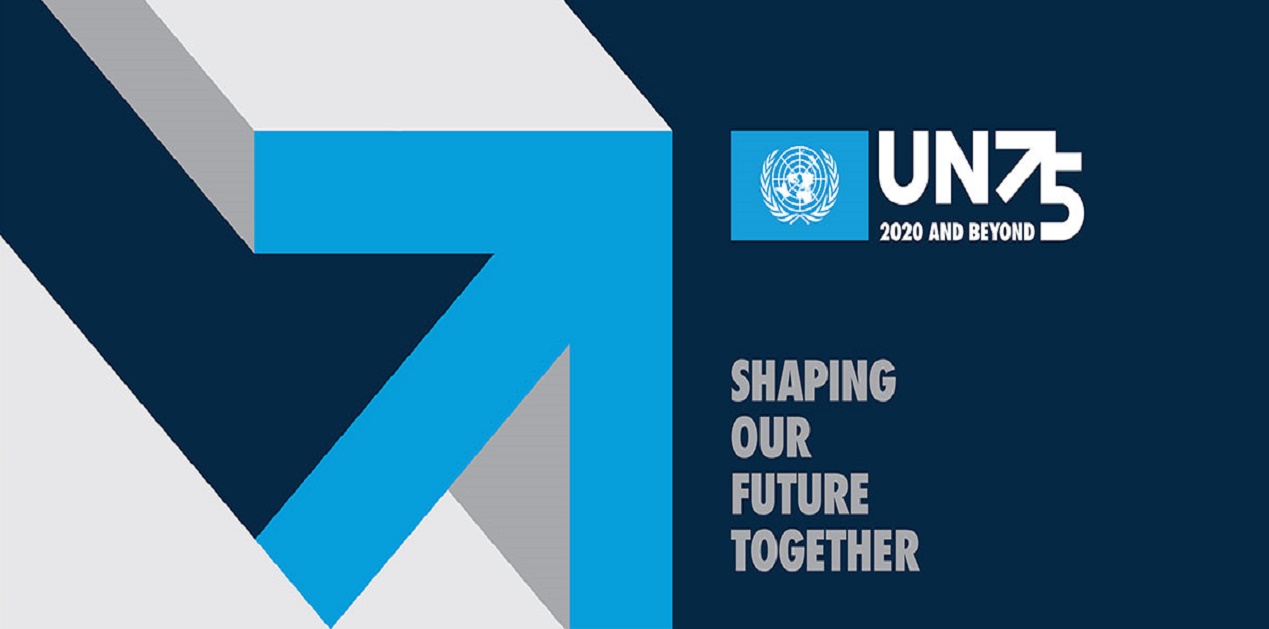
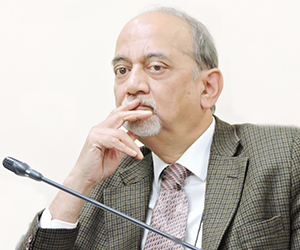


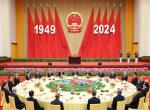


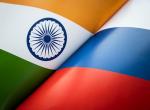
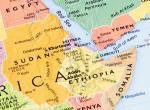
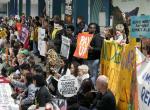
Post new comment